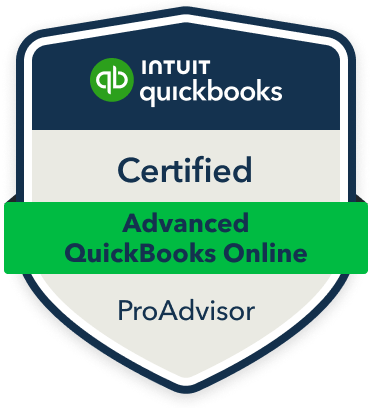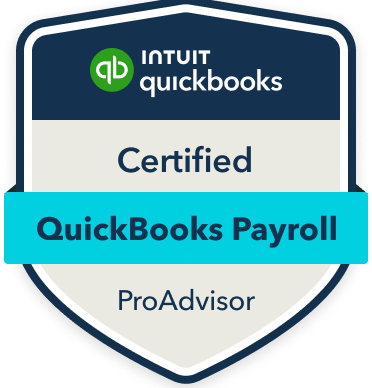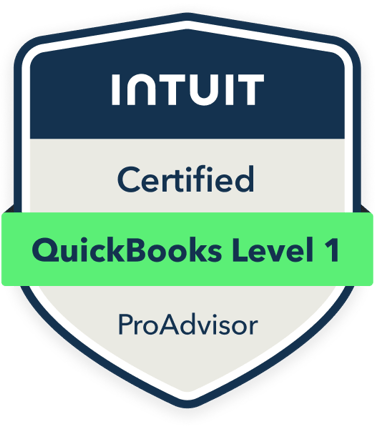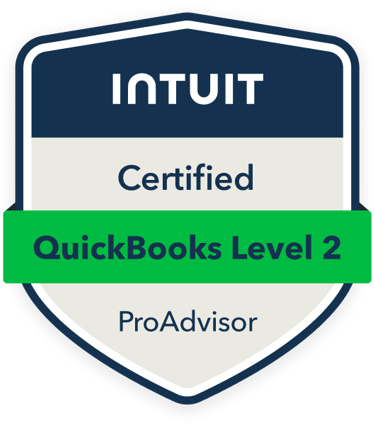7 Essential Steps to Prepare Your Business for Tax Season
Tax season can be a daunting time for any business owner, but with the right preparation, it doesn’t have to be. In this post, we’ll walk you through seven essential steps to get your business ready for tax season. From organizing your financial records to planning for the future, these tips will help you navigate tax time with confidence and ease. Ready to simplify your tax preparation process and reduce stress? Let’s dive in!


7 Essential Steps to Prepare Your Business for Tax Season
As tax season approaches, many business owners feel overwhelmed by the thought of dealing with taxes. However, by taking proactive measures and planning ahead, you can make the tax season a much smoother and more efficient process. There are seven essential steps that your business should take now in order to prepare for tax season. By taking these steps, you can alleviate some of the stress and ensure that your business is well-prepared for the upcoming tax season.
1. Organize Your Financial Records
Proper organization is the cornerstone of an efficient tax season. Start by ensuring that all your financial documents are in order. This includes:
Income Statements: Ensure all your sales records, invoices, and receipts are accurately documented.
Expense Records: Gather receipts, bills, and statements for all business-related expenses.
Bank Statements: Reconcile your bank statements with your financial records to ensure accuracy.
Previous Tax Returns: Keep last year's tax return handy for reference and to ensure consistency.
Using accounting software can streamline this process by keeping your records organized and easily accessible.
2. Review and Update Your Payroll
Payroll can be a complex area, especially with frequent changes in tax laws and regulations. Review your payroll records to ensure they are accurate and up-to-date.
Pay particular attention to:
Employee Information: Verify that all employee information is current, including addresses and Social Security numbers.
Tax Withholdings: Ensure that withholdings are correct according to the latest tax tables and employee W-4 forms.
Contractor Payments: For contractors, ensure that all payments are documented and that you have their W-9 forms on file.
3. Track Your Deductions
Deductions can significantly reduce your tax liability, but only if they are properly documented. Common business deductions include:
Office Supplies: Keep receipts for items such as paper, pens, and printer ink.
Travel Expenses: Document business travel, including transportation, lodging, and meals.
Home Office: If you work from home, maintain records of home office expenses.
Utilities and Rent: Record payments for utilities and rent for your business premises.
Consult with a tax professional to identify all possible deductions applicable to your business.
4. Stay Updated on Tax Laws
Tax laws are continually evolving, and staying updated is crucial to ensure compliance and take advantage of any new benefits. Subscribe to updates from the IRS or consult with a tax advisor who can inform you of any changes that may impact your business.
5. Review Your Estimated Tax Payments
If your business makes estimated tax payments, review them to ensure they are accurate. Underpayment can result in penalties, while overpayment ties up funds that could be used elsewhere in your business. Compare your estimated payments to your actual earnings and adjust as necessary.
6. Consult with a Tax Professional
Engaging a tax professional can save you time, stress, and potentially money. A tax professional can help you navigate complex tax laws, maximize deductions, and ensure that your return is accurate and compliant. Schedule a meeting well before the tax deadline to avoid the last-minute rush and to give your advisor ample time to review your finances.
7. Plan for the Future
Tax season is not only a time to look back but also to plan ahead. Analyze your financial performance over the past year and use these insights to make informed decisions for the future. Consider setting up:
Retirement Plans: Establish or contribute to retirement plans, such as a 401(k) or SEP IRA, which can offer tax advantages.
Tax Strategies: Implement strategies such as income deferral or accelerating expenses to manage your tax liability.
Budgeting: Develop a budget that incorporates tax planning and ensures you set aside funds for future tax payments.
Preparation is key to a stress-free tax season. By organizing your records, staying updated on tax laws, tracking your deductions, and consulting with professionals, you can ensure that your business is well-prepared. These steps not only help you manage your tax obligations efficiently but also position your business for financial success throughout the year.
Taking the time to get ready now will pay off when the tax deadline approaches, allowing you to focus on what you do best—growing your business.








